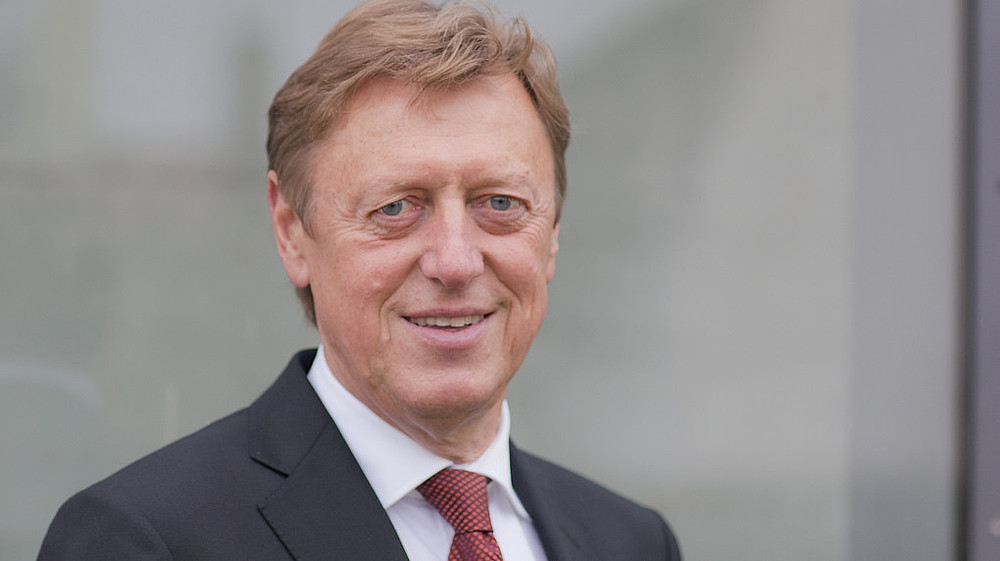... because it was once, deserves to be and could be again. All it takes is three things.

... because it once was, deserves to be and could be again. All it needs is three things: entrepreneurial thinkers and actors in all institutions, a clear and advantageously positioned regional concept as a roadmap and driving players at all political, economic, social and cultural levels and in the community. Then the naysayers and underachievers, the bureaucrats and administrators of scarcity can be pushed into the minority. The active doers and intrinsically motivated people for their homeland of Upper Lusatia can drive the revitalization of this historically and scenically rich region.
Twelve scientific disciplines, from agronomy to municipal science, regional planning, urban marketing, political science and economics, have so far dealt with the village as an institution.
Now Prof. Dr. Clemens Renker is presenting a book (soon to be published by the world's leading specialist publisher SpringerGabler) that for the first time deals in detail with the redesign of villages from the perspective of market-oriented management of companies and institutions.
On the back of the book, SpringerGabler-Verlag states:
"The new village...
...do we really only have to lament the loss of villages and celebrate the triumph of cities? The author says no! He is convinced of the future of the village. Our villages have huge problems - and equally huge opportunities. The message of this book is to see and actively shape them.
Clemens Renker uses his profound knowledge and personal experience of active village renewal to describe how the path to a new village can be taken. The village has a future if it succeeds in recognizing the new opportunities and revitalizing the causes of the successful "village" model that have existed for centuries. Renker asks the right questions and provides concrete instructions for action: What is the raison d'être of villages? How can villages position themselves effectively in competition with cities? Is there a "smart village" for the "smart city"? Which benefits and quality of life do villages offer to which people? How do villages generate sustainable income to finance their infrastructure and services of general interest? According to which values, norms and rules do people want to live together in the new village?
It is a motivating book for all political decision-makers and the committed citizens of villages who want to actively shape their future."
Contact:
Prof. Dr. Clemens Renker
Faculty of Business Administration and Engineering Management
Marketing, commercial and banking studies
Mail: c.renker(at)hszg.de